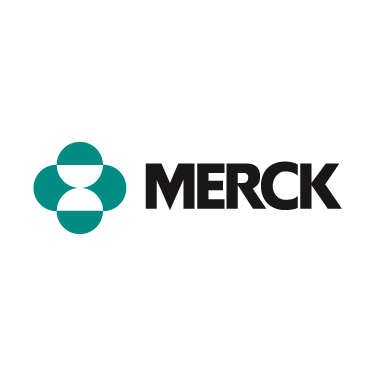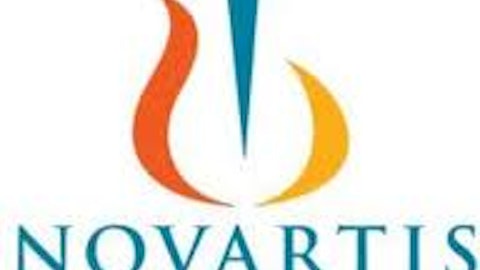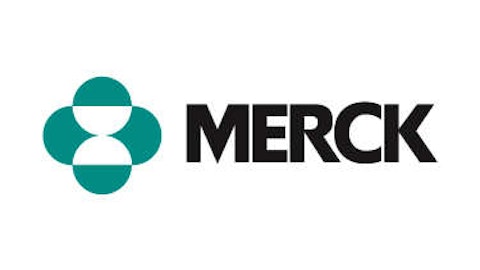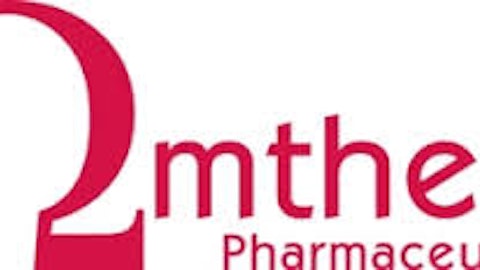Editor’s Note: The initial article refers to Abraxane’s prostate cancer trials. That is incorrect, Abraxane has priority review for pancreatic cancer. This version has been corrected and Motley Fool apologizes for the error.
The Food and Drug Administration stays busy with approvals, recommendations, and reviews. Three stories straddled the holiday weekend and carried major pipeline news for the companies involved.
Merck & Co., Inc. (NYSE:MRK)’s insomnia drug won a conditional panel recommendation that should have investors feeling drowsy. Celgene Corporation (NASDAQ:CELG) received priority review status on its expanding cancer drug Abraxane. And GlaxoSmithKline plc (ADR) (NYSE:GSK) received approval for a duo of melanoma treatments and a companion diagnostic.
What do these decisions mean for the future?
Merck’s sleep disturbance
Merck & Co., Inc. (NYSE:MRK)’s orexin inhibitor suvorexant was meant to provide a safer alternative to traditional sedative-hypnotics like Sanofi SA (ADR) (NYSE:SNY)’s Ambien. But the FDA panel recommendation on May 22 came with the caveat that only the lowest doses of the drug were considered safe. And those doses might not provide adequate efficacy.
The panel recommended a 10 mg starting dose, down from the 15 to 20 mg Merck wanted at the low end. The panel did consider Merck & Co., Inc. (NYSE:MRK)’s range reasonably safe, but won’t get aboard the 40 mg upper dose the company pursued.

But suvorexant’s potentially ineffective starting dose and similar safety concerns might kill suvorexant’s chances of becoming an industry-shifting blockbuster.
Celgene’s pancreatic priority
Celgene Corporation (NASDAQ:CELG)’s Abraxane received priority review status for first-line treatment of advanced pancreatic cancer when used in combo therapy with Eli Lilly & Co. (NYSE:LLY)’s off-patent Gemzar. Phase 3 results reported in January compared the combo with Gemzar alone. The combination showed a nearly two-month improvement in the median overall survival rate and a 59% improvement in one-year survival rates.
Research firm Decision Resources predicts that the pancreatic cancer market will grow to reach $1.3 billion by 2022. That assumes an approval and uptake of Abraxane and/or its competing pipeline projects, which include Merrimack’s MM-398. These drugs could potentially replace a combo therapy FOLFIRINOX — a generic combo therapy with a better overall survival rate than Abaxane but a worse safety profile.
Celgene Corporation (NASDAQ:CELG) purchased Abraxane’s maker in 2010 just to have the drug. So the pursuit of additional indications has remained a major priority. Will pancreatic cancer join Abraxane’s list of approvals? We should find out this fall. The PDUFA date for Abraxane is Sept. 21.
Glaxo’s triple feature
GlaxoSmithKline plc (ADR) (NYSE:GSK) received approval on May 29 for two melanoma drugs and a companion diagnostic. Melanoma is the most dangerous type of skin cancer, and Glaxo’s drugs treat melanoma that’s either late-stage or impossible to remove through surgery.




